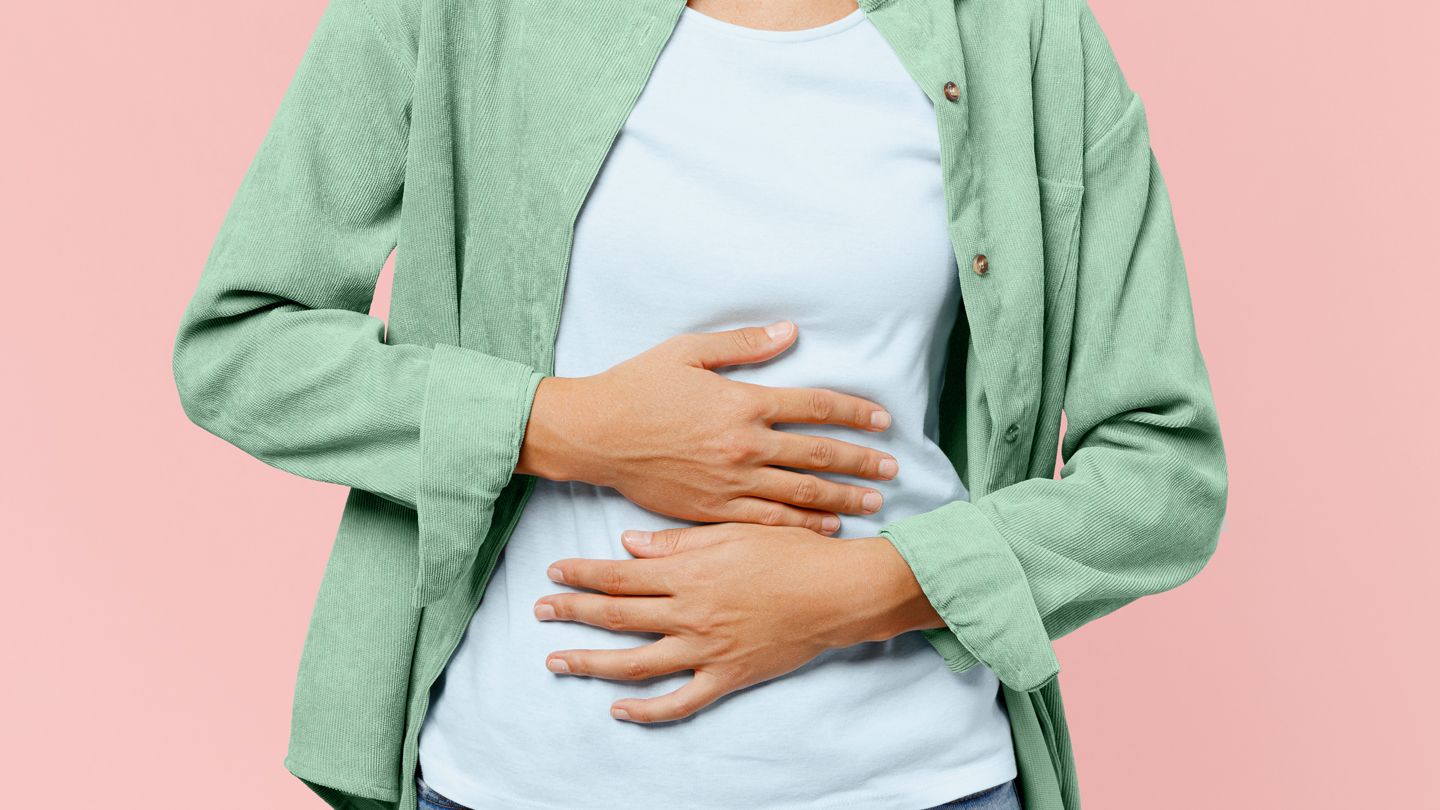Treating conditions that affect ovulation, like PCOS and thyroid disease, can improve ovulation if you’re trying to get pregnant.
A few lifestyle changes can improve fertility, too.
Stay at a Healthy Weight
Obesity causes irregular menstrual cycles, and might even stop ovulation altogether. Without ovulation, a pregnancy can’t happen. Conditions that are related to obesity, like diabetes and thyroid disease, can also affect ovulation.
A body mass index between 19 and 24 is considered ideal for ovulation and pregnancy. Your doctor can recommend a diet and exercise program to help you stay at a healthy body weight.
Avoid Unhealthy Habits
Any of these things might alter hormone levels in ways that disrupt ovulation.
- Smoking: Chemicals in tobacco smoke lower levels of estrogen and progesterone. This drop in hormones can cause a reduction in egg quantity and quality. Smoking also damages the DNA in eggs, increasing the risk for miscarriage and birth defects.
- Heavy alcohol use: Drinking more than one or two alcoholic beverages each day could affect ovulation. Abstention from alcohol is best when you’re trying to conceive.
- Caffeine: While one or two small (6- to 8-ounce) cups of coffee a day shouldn’t affect the ability to get pregnant, drinking more than that might cause problems with ovulation and reproduction.
- Chemical exposure: Exposure to pesticides, heavy metals, dry cleaning chemicals, and other toxins in the environment and at work might have a negative effect on ovulation and fertility.
Exercise in Moderation
Moderate aerobic exercises like walking or riding on a stationary bike may help with ovulation and fertility. But very intense exercise could have the opposite effect, especially in people who are already at a healthy weight. Working out for too long or too hard might actually stop ovulation and menstrual periods and make it more difficult to conceive.
Read the full article here




